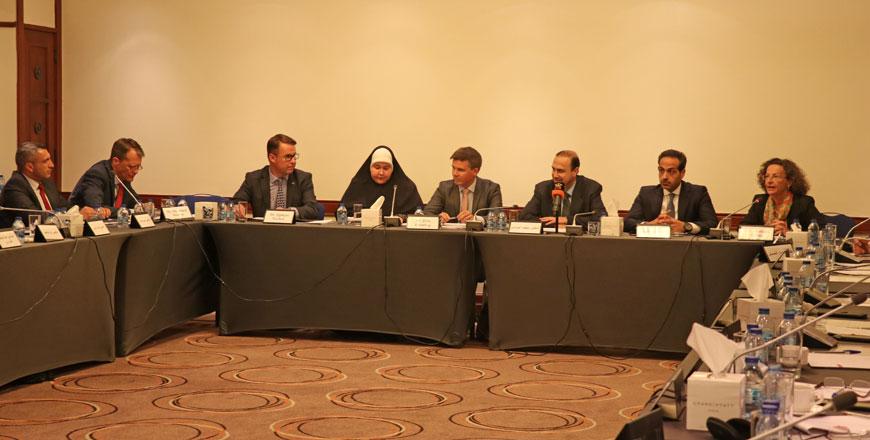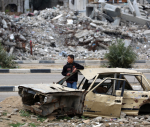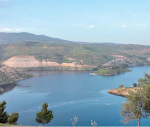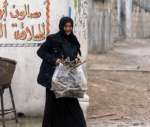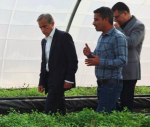You are here
Judges training by UNESCO promotes freedom of expression
By JT - Feb 26,2018 - Last updated at Feb 26,2018
AMMAN — Building upon the judges’ retreat that brought together Jordanian and French judges in August 2017, UNESCO has conducted its latest round of training for 12 judges from across the Kingdom, a UNESCO statement said.
Since 2015, UNESCO has been organising a series of training workshops for lawyers, judges and media professionals, titled “Legal Support to Media in Jordan”, with the support of the government of Sweden.
"UNESCO considers engagement of the judiciary system as key to enhancing freedom of expression and access to information in Jordan," the statement said, adding that the project has been delivering practical training focused on both enhancing the legal awareness of media practitioners and training legal professionals, including judges and prosecutors, on issues related to freedom of expression and access to information.
As essential partners in the development, interpretation and enforcement of laws related to freedom of expression and public access to information, the judges gathered to spend two days immersing themselves in a stronger understanding of journalism as it relates to the law in Jordan.
Trainer Khalid Al Qudah, a member of the Jordan Press Association and a journalist himself, delivered a presentation on publishing mechanisms and defining editorial responsibilities. He explained how he introduces journalists to “safe writing”: an approach that focuses on developing a personal awareness of legal details and telling the truth without risking being vulnerable to persecution.
Qudah emphasised that “journalism is not a crime” and that “improving freedom of speech is good for everyone, good for Jordan”.
Mohammad Qutaishat, the general d`irector of the Media Commission, attended the sessions where he spoke about the role of the commission in monitoring media content and addressing professional mistakes.
For her part, Costanza Farina, UNESCO representative to Jordan, stated: “For UNESCO, freedom of expression is central to our work globally, and judges have a critical role to play; we offer this training to share specialised technical expertise.”
The training covered knowledge on what journalism is, what journalists do and how journalism has been affected over time, especially by technology.
Thamer Al Awaisheh, an international expert and trainer in the field of digital media, led sessions on electronic publishing and editing.
He noted how certain material published online, “can sometimes lead to criminalisation of people who are innocent”, voicing hope that “better communication can be established between judges and journalists and stronger understanding developed about the difference between material printed in the paper or on social media”.
During the past four months, Judge Tania Al Zoubi was assigned to concentrate on cases related to media. “We need to learn how to analyse the content of media to be able to understand this kind of material,” she stated.
Zoubi highlighted the importance of this training, noting “beyond legal article five, legal texts are not overly helpful on these new types of cases”.
According to Judge Mohammad Melhem, the number of cases related to press, publication and media has multiplied in the past two years.
Some cases even focus on the content of Whatsapp chats, he explained, noting that nine local courts in northern Jordan refer cases to the Irbid court where he presides.
“I am thrilled to have been invited to this training; it will have a positive impact on my work that will be felt throughout the court. Essentially, such training contributes to achieving justice,” he concluded.
Related Articles
AMMAN — Building on the idea that journalists, bloggers and media professionals must have access to the best possible legal support in the e
AMMAN — The UNESCO Amman office on Thursday celebrated the annual World Press Freedom Day (WPFD) with a roundtable discussion on this year’s
AMMAN — Judicial officers, journalists, civil society activists, parliamentarians, lawyers and access to information regulatory bodies joine


